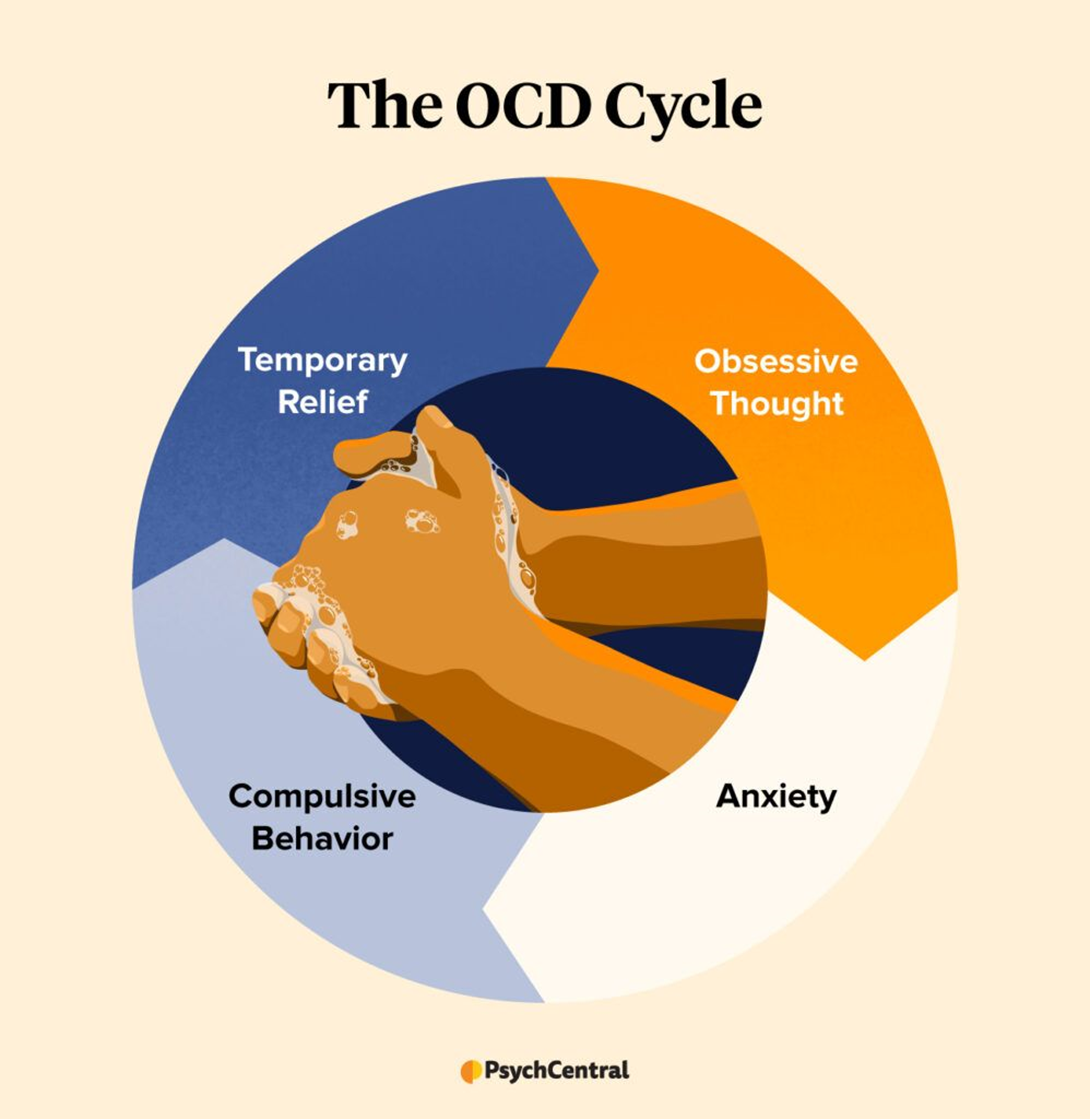A nurse is discussing with a client the potential for involuntary admission to prevent harm to themselves and their newborn. The nurse is also preparing for the administration of an IV neuroactive steroid over a 60-hour period of time. Which approach will be most effective in developing a therapeutic relationship with a client diagnosed with which of the following disorders? (Select all that apply.)
Schizotypal
Avoidant
Narcissistic
Antisocial
Paranoid
Correct Answer : A,D,E
Choice A reason: A matter-of-fact approach is effective for clients with schizotypal personality disorder as it helps in dealing with their eccentric behaviors and distorted thinking without reinforcing their odd beliefs.
Choice B reason: Clients with avoidant personality disorder may benefit more from a supportive and encouraging approach due to their sensitivity to rejection and feelings of inadequacy.
Choice C reason: For narcissistic personality disorder, a matter-of-fact approach might not be as effective because these clients often require admiration and may not respond well to a straightforward style.
Choice D reason: An antisocial personality disorder client may respond better to a matter-of-fact approach as it sets clear boundaries and expectations without emotional engagement, which they may exploit.
Choice E reason: Paranoid personality disorder clients may find a matter-of-fact approach beneficial as it provides clear and direct communication, which can help reduce their suspicions.
Nursing Test Bank
Naxlex Comprehensive Predictor Exams
Related Questions
Correct Answer is D
Explanation
Choice A reason: OCD behaviors are not typically aimed at preventing aggressive and impulsive behaviors but are a response to anxiety-provoking obsessions.
Choice B reason: The repetitive behaviors associated with OCD, such as cleaning, are not intended to manipulate others but are compulsions that the individual feels driven to perform.
Choice C reason: The goal of repetitive cleaning in OCD is not to decrease social interaction time but to alleviate the distress caused by obsessive thoughts, often related to cleanliness or contamination.
Choice D reason: Repetitive cleaning in OCD is a compulsion that aims to decrease the anxiety caused by obsessive thoughts. It is a way for the individual to manage their anxiety and gain a sense of control over their environment.

Correct Answer is B
Explanation
Choice A reason: Focusing on one issue can help in understanding the client's situation better and does not necessarily hinder empathy.
Choice B reason: Interjecting personal experiences can create a barrier to empathy by shifting the focus from the client's feelings to the nurse's own experiences.
Choice C reason: Asking leading questions may not hinder empathy but could direct the conversation away from the client's concerns.
Choice D reason: Asking the client to restate statements for clarity is a part of active listening and can actually enhance empathy by ensuring understanding.
Whether you are a student looking to ace your exams or a practicing nurse seeking to enhance your expertise , our nursing education contents will empower you with the confidence and competence to make a difference in the lives of patients and become a respected leader in the healthcare field.
Visit Naxlex, invest in your future and unlock endless possibilities with our unparalleled nursing education contents today
Report Wrong Answer on the Current Question
Do you disagree with the answer? If yes, what is your expected answer? Explain.
Kindly be descriptive with the issue you are facing.
